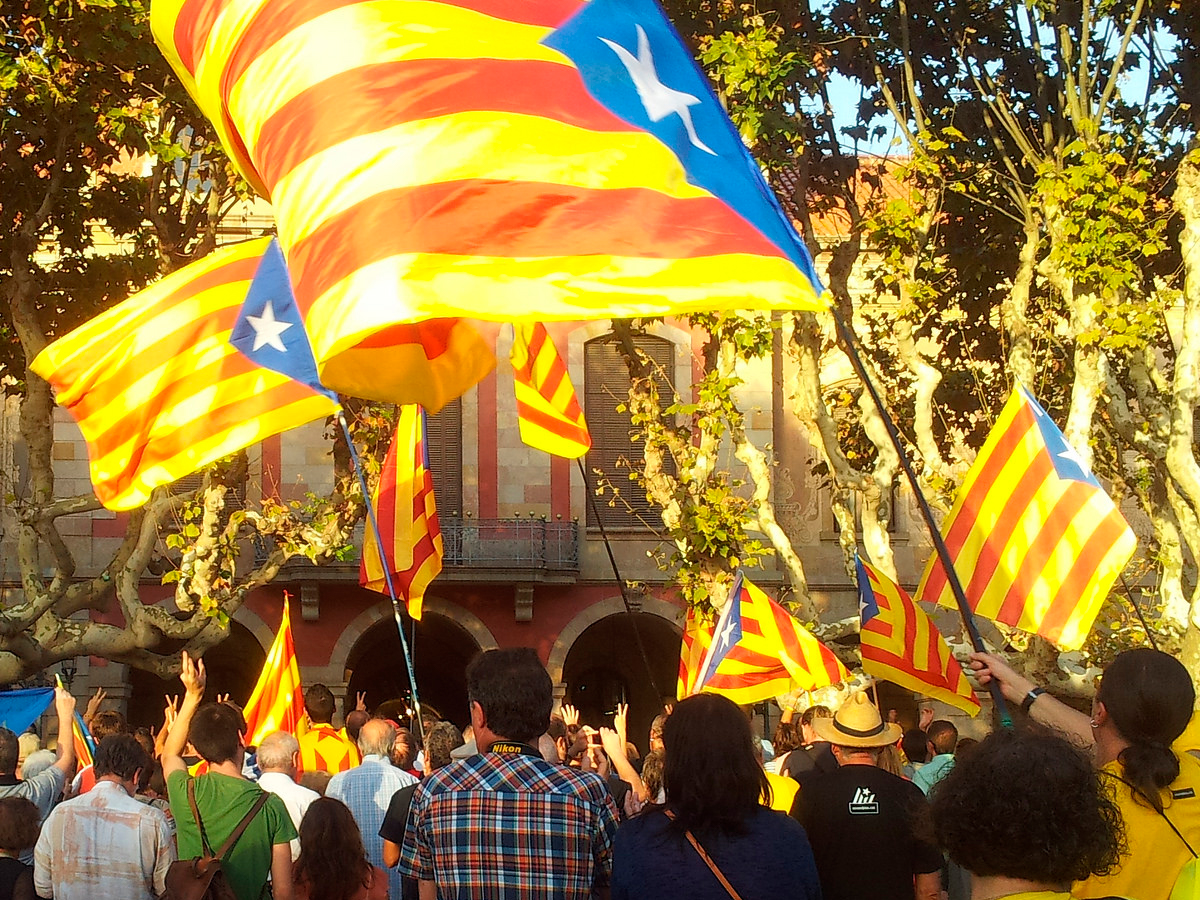
The attempt to hold an independence referendum in Catalonia has been the focus of a good deal of Spanish foreign policy in recent months. The external dimension of the conflict –and what it could bring in its wake– is something that its proponents have tried to exploit, without any great success. Naturally, it is also something that the Spanish government itself has addressed, but much more effectively and discreetly. Current foreign policy cannot be understood without taking this factor into account.
The Spanish government has sought, cultivated and obtained significant foreign support for its steps to prevent the referendum. No government of importance has endorsed the independence attempts orchestrated in defiance of the Spanish constitutional system, and some, including Germany, have declared themselves to be openly opposed, although this does not rule out the existence of a good deal of concern; on the contrary, concern abounds.
Spain’s traditional partners, ranging from the US (Mariano Rajoy’s forthcoming visit to Washington needs to be partly seen in this context) to Latin American countries –which, barring some exceptions, are opposed to the principle of self-determination– and its closest partners within the EU and its institutions have been giving the Rajoy government their backing. Here it should be noted that the European institutions and governments have made it perfectly plain that Catalonia’s secession would mean it automatically ceasing to belong to the EU, with all that would entail, which in some respects would be more complicated than Brexit. The independence movement also lost the battle at the Venice Commission (the European Commission for Democracy through Law), linked to the Council of Europe, which rejected the overtures of the President of the Catalan regional government, Carles Puigdemont. The latter had already lost his campaign for the principle of the right to self-determination on the international stage some time ago.
The lack of international support and the failed attempts to make any headway reflect not only a serious miscalculation in a globalised world but also a degree of improvisation on the part of the instigators of the referendum and Catalan independence. Supporters of independence failed to grasp that, although the EU had already been through the Scottish independence referendum, the Brexit vote drained all support for the idea of referendums among the 28 members and the institutions, especially if they are tied to sovereignty issues (although David Cameron’s promises about the referendum in Scotland, which he was on the point of losing, and on Brexit, which he lost, are still remembered in Europe). As the President of the European Commission, Jean-Claude Juncker, has pointed out, respect for the rule of law and the constitution is essential, although naturally, as in the case of Scotland, a ‘yes’ vote in a legal referendum would be respected. That said, the authoritarian air of Catalonia’s Transition Act, especially in terms of its division of powers and control of the judiciary, has not gone unnoticed in an EU that is taking steps against Poland and Hungary for veering towards illiberalism.
International economic voices do not support Catalan independence either. Despite the fact that the advantages that go with being a small country are once again the focus of academic debate, there have been no positive international reports about the effects of independence either for the Catalans themselves or for Spain as a whole. One of the most recent, on ‘the cost of being single’, was published by ING bank; this argues that independence, which could be unilaterally declared in the 48-hour period following 1 October, would plunge the region into a long period of uncertainty and end up having negative effects that ‘could proportionately exceed’ those of Brexit. The report also points out, however, that there has been little debate about the economic effects of what it calls ‘Catalexit’. Among these, in addition to the uncertainty that would be generated, it cites the impoverishment of households, the fall in exports –Catalonia being a leading Spanish region in this respect and others– and foreign investment. It would also be damaging to Spain as a whole as Moody’s has pointed out. None of this has been or will be directly positive for the image of Spain, which had sold its regionalised state model –that is now being questioned– as a template for success. Hitherto, the foreign perception has focused on Catalonia’s high degree of autonomy, despite some problems and disputes.
As far as the serious international press is concerned, it does not support the idea of Catalan independence. But nor in general does it fully reject the idea of a referendum (though not this one), and above all it calls for the parties to engage in politics and dialogue and for some of the Catalan demands, such as the financing issue –the difference between what Catalonia contributes and what it receives in fiscal terms–, to be addressed. This perception of a lack of dialogue and political measures, not only judicial measures, is also taking its toll on Spain’s image.
Foreign observers are looking not only at 1 October but at what may unfold in its wake. If there ends up being a unilateral declaration of independence implemented by the Catalan government and a narrow majority of the Catalan parliament, no external recognition of any great import will be forthcoming. What will happen? Exactly that: it will come to nothing. But it will not be possible to avoid major internal problems, precisely when Europe is counting on Spain for a new phase of EU construction.


